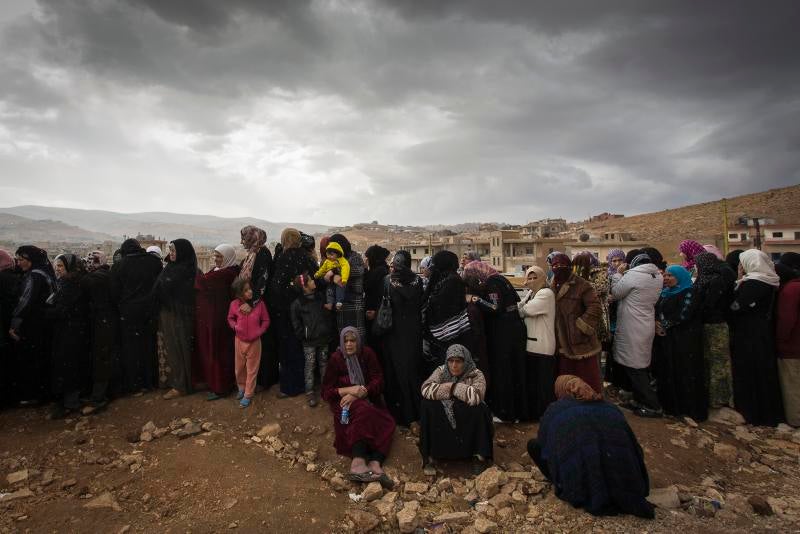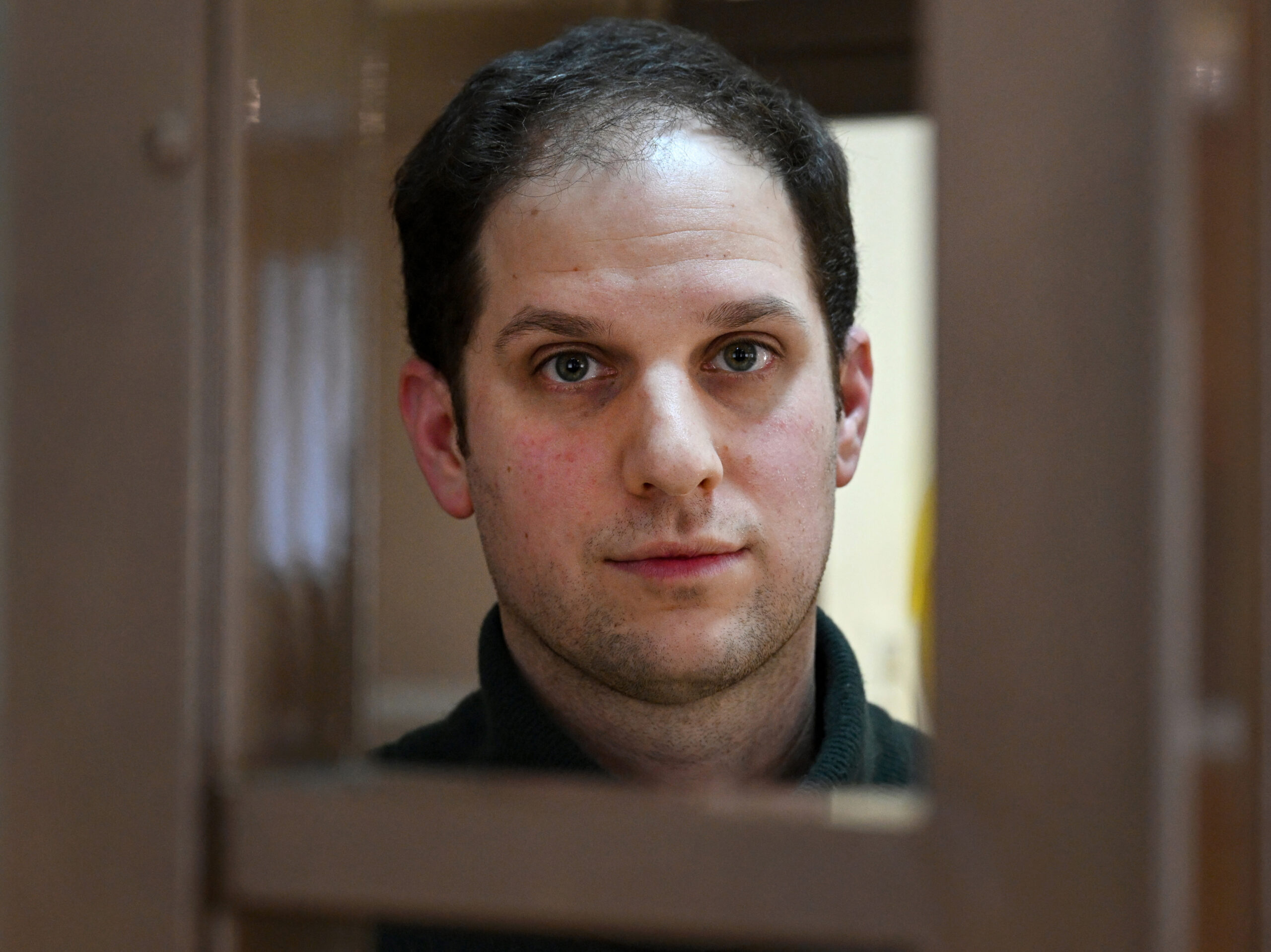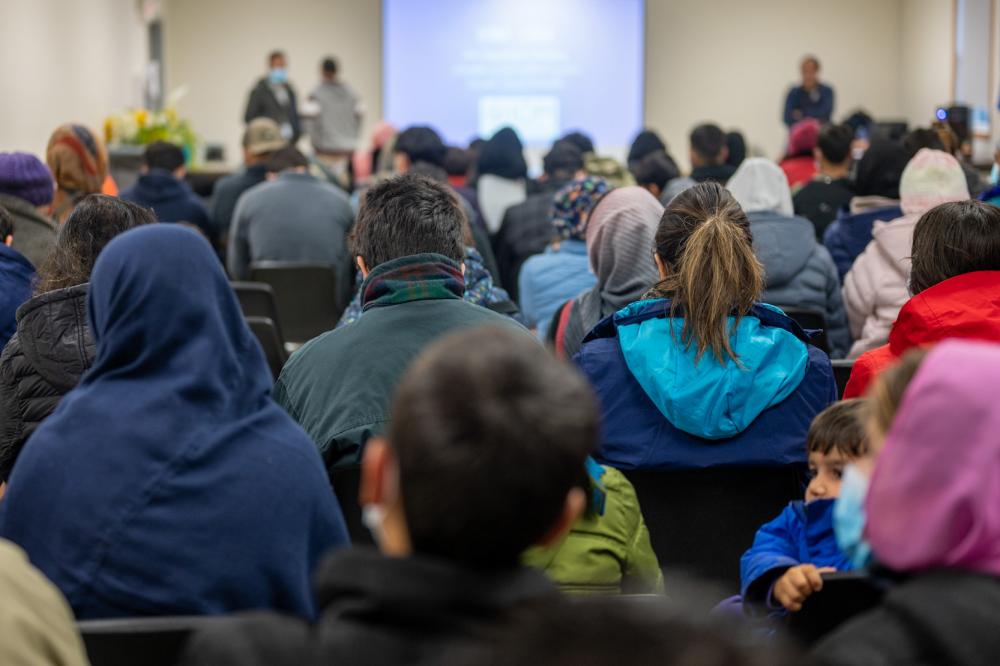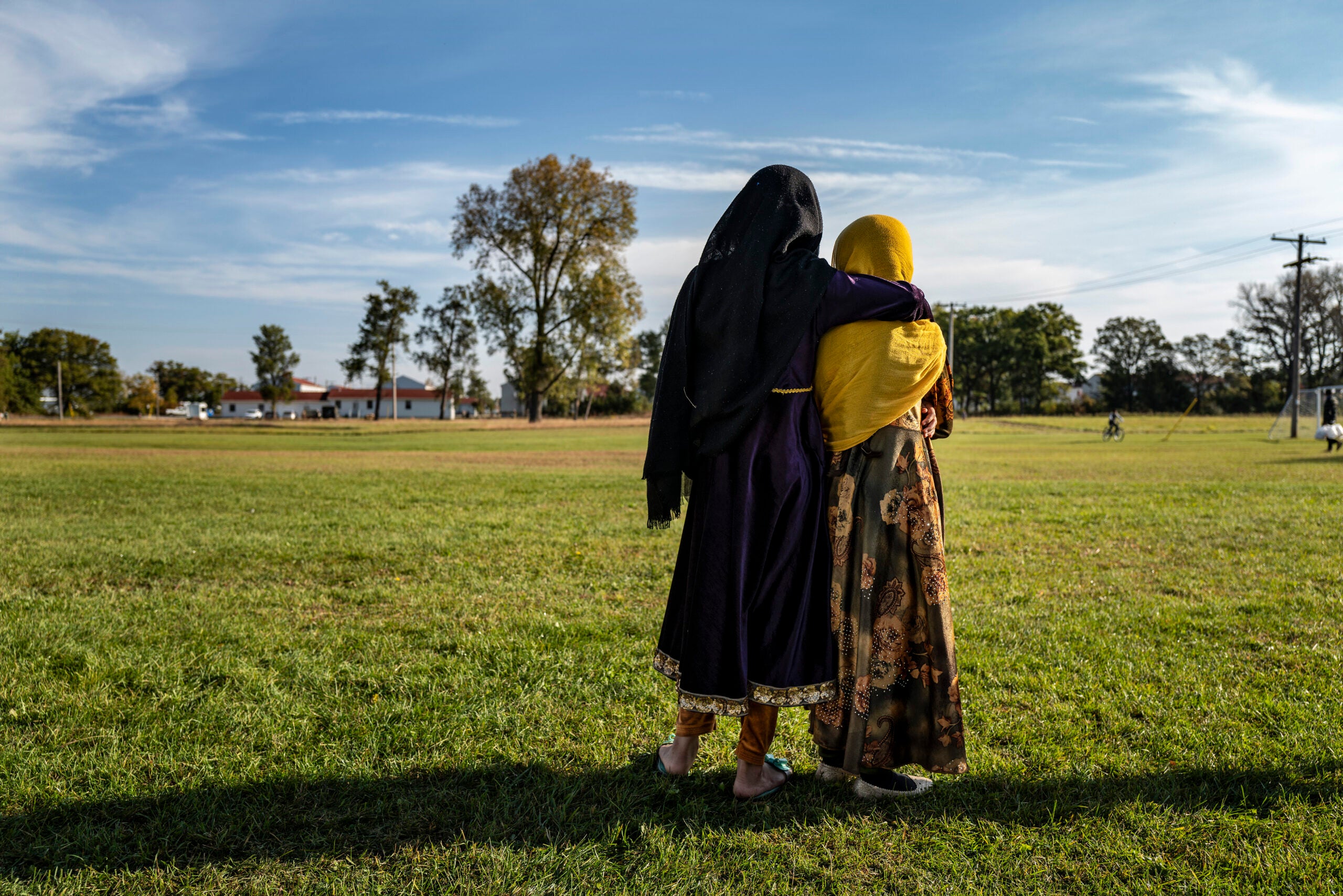The Trump administration has drastically scaled back U.S. efforts to welcome refugees fleeing conflict and persecution around the world. Wisconsin is feeling the difference.
In 2017, 585 refugees were resettled in Wisconsin, according to records from the U.S. State Department. That’s down from almost 1,900 refugees entering the state during calendar year 2016.
It parallels a dramatic drop-off in resettlement in the U.S. as a whole — a little more than 33,000 entered the country in 2017, compared to nearly 97,000 the year before.
Stay informed on the latest news
Sign up for WPR’s email newsletter.

Agencies around the country that help refugees start their new lives have also felt the squeeze. World Relief Fox Valley, based in Appleton, has had to cut staff, according to director Tami McLaughlin, and its national parent organization, World Relief, closed five other offices throughout the country. The Fox Cities area is Wisconsin’s second-largest destination for refugees behind Milwaukee. At one point during 2017, the agency went for three months between settling families of refugees.
“But then there was a very emotional response also, with regard to our refugee clients and the families that we had already served who were waiting for refugees and waiting for families to come and knowing that there’s a lot of conflict that continues in their countries, and people continue to flee their countries in refugee camps and inner cities as they’re waiting to be resettled,” McLaughlin said.
The U.S. had a big year for refugee resettlement in 2016 as the Obama administration set out to welcome a record number of refugees, partially a response to the crisis in Syria. President Donald Trump set out to reverse those efforts shortly after being sworn in last January. The resulting numbers are still striking in the long-term picture — the U.S. resettled fewer refugees in 2017 than it has in any other year since 2003.

“But then there was a very emotional response also, with regard to our refugee clients and the families that we had already served who were waiting for refugees and waiting for families to come and knowing that there’s a lot of conflict that continues in their countries, and people continue to flee their countries in refugee camps and inner cities as they’re waiting to be resettled,” McLaughlin said.
Editor’s Note: A version of this story originally appeared on WisContext.org. This report was produced in collaboration with WisContext, a service of WPR, Wisconsin Public Television, and UW Cooperative Extension. Learn more about this issue at wiscontext.org.
This report was produced in a partnership between Wisconsin Public Radio, PBS Wisconsin and the University of Wisconsin Cooperative Extension. @ Copyright 2024, Board of Regents of the University of Wisconsin System and Wisconsin Educational Communications Board.




